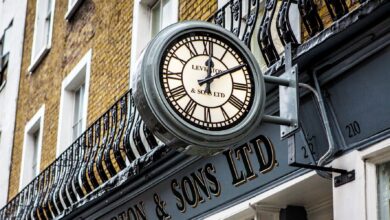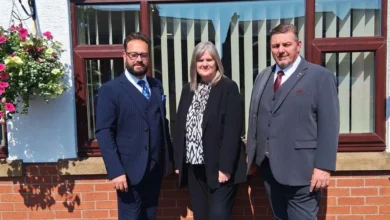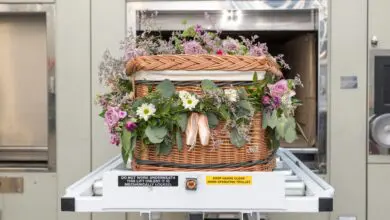CMA proposes major funerals probe after identifying ‘serious concerns’

Register to get 1 free article
Reveal the article below by registering for our email newsletter.
Want unlimited access? View Plans
Already have an account? Sign in
The Competition and Markets Authority (CMA) has published an interim report presenting the issues it has identified since launching a market study into the funerals sector six months ago.
Its initial work indicated problems with the market that have led to above inflation price rises for over a decade – both for funeral director services and crematoria services. The CMA said the scale of the price rises did not appear to be justified by cost increases or quality improvements.
Because of the issues the regulatory body has identified, it said it believed the full powers of a Market Investigation – carried out by an independent group of CMA panel members – is now required.
People generally spend between £3,000 and £5,000 organising a funeral, and the price of the essential elements has increased by more than two-thirds in the last 10 years, almost three times the rate of inflation. Organising a funeral would now cost those on the lowest incomes nearly 40 percent of their annual outgoings, which is more than they spend on food, clothing and energy combined.
Customers could save over £1,000 by looking at a range of choices in their local area. However, the regulatory body said people organising funerals were “usually distressed” and often unable to do this – making it easier for some funeral directors to charge higher prices. It also noted that prices were also often not available online, making it difficult to compare options.
The CMA’s evidence also indicated most people who organise a funeral remain “extremely vulnerable” to exploitation and future rises in charges.
Cremations account for 77 percent of funerals, but the regulatory body said there were limited choices for most people in their local area. Fees charged by crematoria have increased by 84 percent on average in the past 10 years, more than three times the rate of inflation.
Andrea Coscelli, chief executive of the CMA, said: “People mourning the loss of a loved one are extremely vulnerable and at risk of being exploited. We need to make sure that they are protected at such an emotional time, and we’re very concerned about the substantial increases in funeral prices over the past decade.
“We now feel that the full powers of a market investigation are required to address the issues we have found. We also want to hear from people who have experienced poor practices in the sector, so that we can take any action needed to fix these problems.”
The CMA will now be consulting on the potential market investigation reference and welcomes any views on the issues identified in its report by 4 January 2019.
It would also like to hear from people involved in the industry and others, who may have observed instances of poor quality standards in the back-of-house facilities of funeral directors.
Terry Tennens, chief executive of SAIF: “Whilst we encourage our members to continue their good professional and caring work in the light of the questions from the CMA’s report, it is clearly a wake-up call for the funeral profession. We’re pleased to see an acknowledgement that independent firms tend to offer better value but we’re not complacent and will be looking to address issues identified for the benefit of bereaved families.
“Some of this work is already underway. As the first UK funeral profession trade association to call for regulation, we’ve been urging all our members with websites to display their costs digitally to help families make better choices. The public would benefit from more information about how to arrange a funeral, covering quality and costs. We think the trade associations could play an invaluable role in assisting the government in this area.”
Ian Strang, co-founder of funeral comparison site Beyond, added: “It is a clear indication of how the UK’s funeral sector has been allowed to become like the Wild West, left unchecked by bodies who have presided over a plethora of scandals and decades of price rises.
Prices have been climbing unjustifiably quickly, to the extent that consumers are collectively overpaying by £590m a year due to a lack of transparency or accountability – but this stops now.”







